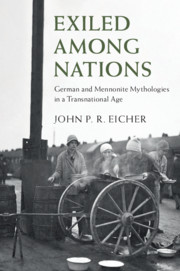This article argues that the 1918 flu appeared so suddenly, spread so rapidly, killed so quickly and disappeared so swiftly that Europeans’ focus on their immediate circumstances led them to experience and interpret it as a local health crisis rather than as a global or continental pandemic. It also demonstrates that Europeans were so inured to privation and death; so isolated by anaemic and dysfunctional media and medical regimes; and so distracted by economic, political and social chaos that they were either unaware of or unconcerned with the flu’s origin. It takes as its source base nearly 1,000 memories of the 1918 flu collected from individuals across ten European countries and archival materials from federal, municipal, religious and diary archives in France (an Allied power in the First World War), Germany (a Central power in the First World War) and Switzerland (a neutral power in the First World War).
